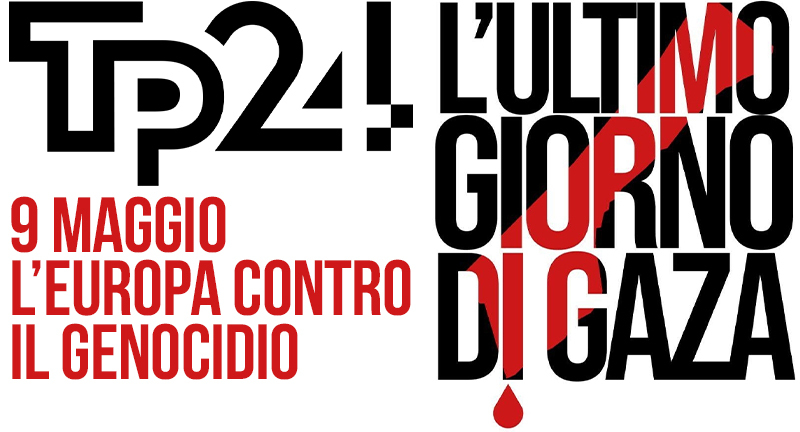Sicily has experienced a significant setback with over a billion euros in project funding from Italy's National Recovery and Resilience Plan (PNRR) being rejected. Detailed monitoring by Legacoop and Consortium Integra has unveiled that among the proposed projects totaling approximately 2.3 billion euros, a staggering 918 million euros worth of projects have been turned down due to non-compliance or administrative failures. Notably, Palermo leads with 300 project submissions amounting to around 413.5 million euros, followed by Catania and Messina with substantial figures as well.
This scrutiny covers specific sectors such as school buildings, healthcare, and municipal infrastructure, suggesting the actual figure of unapproved or withdrawn funds, considering all sectors, could be significantly higher. Moreover, recent financial police investigations into fraud similar to those seen with Superbonus and the Citizenship Income are uncovering deceitful practices within the PNRR framework. These investigations have exposed businesses exploiting private benefits without eligibility and failing to initiate the projects for which funds were granted. For instance, in Palermo, illicit funding totaling 600,000 euros was identified for projects that never commenced, and in Agrigento, a fraud involving one million euros was unearthed.
As deadlines loom for the various stages of the Next Generation EU, the amount of retracted funding is expected to rise, as Sicily struggles to keep pace with Brussels' imposed timelines. A notable case is Trapani, where a railway underpass project intended to alleviate traffic congestion was canceled due to significant project delays, as announced by Rete Ferroviaria Italiana, which had awarded the initial lot for 12.5 million euros. The bureaucratic delays led to the redirection of funds to more immediate projects.
Furthermore, Sicily faces the revocation of another 340 million euros intended for structural investments from the Cohesion Fund, as the region failed to initiate the construction works. This revocation affects 79 projects, highlighting missed opportunities due to administrative inefficiencies.
Regional President Renato Schifani defends his administration, citing efforts to salvage funds at risk upon his tenure's start in 2022. However, he faces criticism from previous administrations and announces yet another internal investigation to pinpoint responsibilities within the regional administration.
Ironically, many of the unfunded projects are related to combating drought, crucial in a region where water loss is a pressing issue. The revocation of funds means postponing essential water network maintenance, dam safety, and canal repairs unless alternative funding is sourced.
As Sicily grapples with its water crisis, exacerbated by the closure of the Ancipa dam, the region's desperate need for water has sparked local uprisings. A temporary respite came with recent rainfall, alleviating immediate water shortages and temporarily quelling unrest, highlighting the precarious balance between nature's mercy and governmental action in addressing the ongoing crisis.

 Sezioni
Sezioni
















 Il "massomafioso" / 3. Lettere, pizzini, gelosie. "Solimano" e Laura Bonafede" >
Il "massomafioso" / 3. Lettere, pizzini, gelosie. "Solimano" e Laura Bonafede" >



